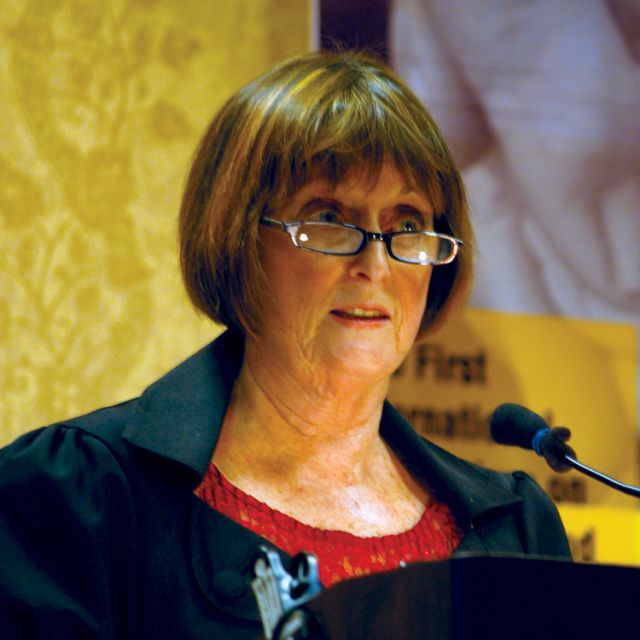It is disconcerting that intentionally causing the death of a patient is considered medical care and is perceived as a right, the Assembly of Catholic Bishops of Quebec said in a Jan. 18 statement.
“Make no mistake: this is about killing voluntarily, thus ending a person’s life,” said the Catholic Organization for Life and Family (COLF) Jan. 21.
On Jan. 15, the Quebec government announced the Menard report’s legal advice on how the province can circumvent the Criminal Code, which makes both assisted suicide and euthanasia crimes. Geriatrician Catherine Ferrier of Physicians’ Alliance for Total Refusal of Euthanasia (PATRE) pointed out the Quebec government says it can get around the Criminal Code by calling euthanasia a medical act, putting it under provincial jurisdiction.
In a release, PATRE called the report “a dangerous legal vision” that is ignorant of medical reality.
“This report is the work of some hand-picked lawyers who present the act of doctors killing patients as if it were part of a natural continuum with good end-of-life care,” said Ferrier. “They and the politicians who appointed them introduce the term ‘medically-assisted dying’as if it were something different from killing patients.”
The Euthanasia Prevention Coalition warned the Quebec government is bringing in Belgian-style euthanasia. Despite safeguards, 32 per cent of euthanasia deaths in Belgium are done without a patient’s request, the coalition said.
The Catholic Civil Rights League, COLF and other groups pointed out the Quebec proposal ignores the majority view. COLF noted 60 per cent of individuals and groups that made presentations to the Quebec Commission on Dying with Dignity were opposed to euthanasia.
“In the League’s view, much of Canadians’ reported acceptance of euthanasia is driven by misinformation as to what is legal now and the absence of palliative care facilities in many parts of Canada,” it said in a Jan. 15 statement.
Margaret Somerville, founding director of McGill University’s Centre for Medicine, Ethics and Law, said the Quebec government is confusing palliative care, the refusal of life support and pain treatment as if they were “all the same things as giving a lethal injection.”
“Everyone wants medical assistance at the end of life,” she said, but including euthanasia as part of palliative care is “horrifying to most palliative care physicians.
“Belgium is completely off the map on what it is allowing,” Somerville said, noting euthanasia is allowed for the mentally ill and others who are not terminally ill. “Anyone’s moral intuition should rebel at that.”
In the Netherlands, parents can have a disabled baby euthanized, she said.
“It’s a conflict of values at the centre of this,” she said. In the so-called progressive values “individual autonomy trumps everything else and any form of suffering cannot be tolerated; anything that relieves suffering even if wrong is a lesser evil.”
The Menard report also promotes good palliative care, something the bishops, COLF and the group Living with Dignity applaud, but Ferrier fears Quebec’s plans will not lead to an increase in resources and doctor training necessary for good palliative care. Instead, patients might be “indirectly coerced into asking for euthanasia.”
“I hope the Quebec people will rise up and react,” Ferrier said. She expects the federal government will fight Quebec’s move in the courts.
Federal Justice Minister Rob Nicholson’s press secretary Julie De Mambro said in an e-mail the issue had been thoroughly debated in Parliament. “We respect Parliament’s decision.”
“It is up to the courts to determine if the province is acting within its jurisdiction,” she said.


